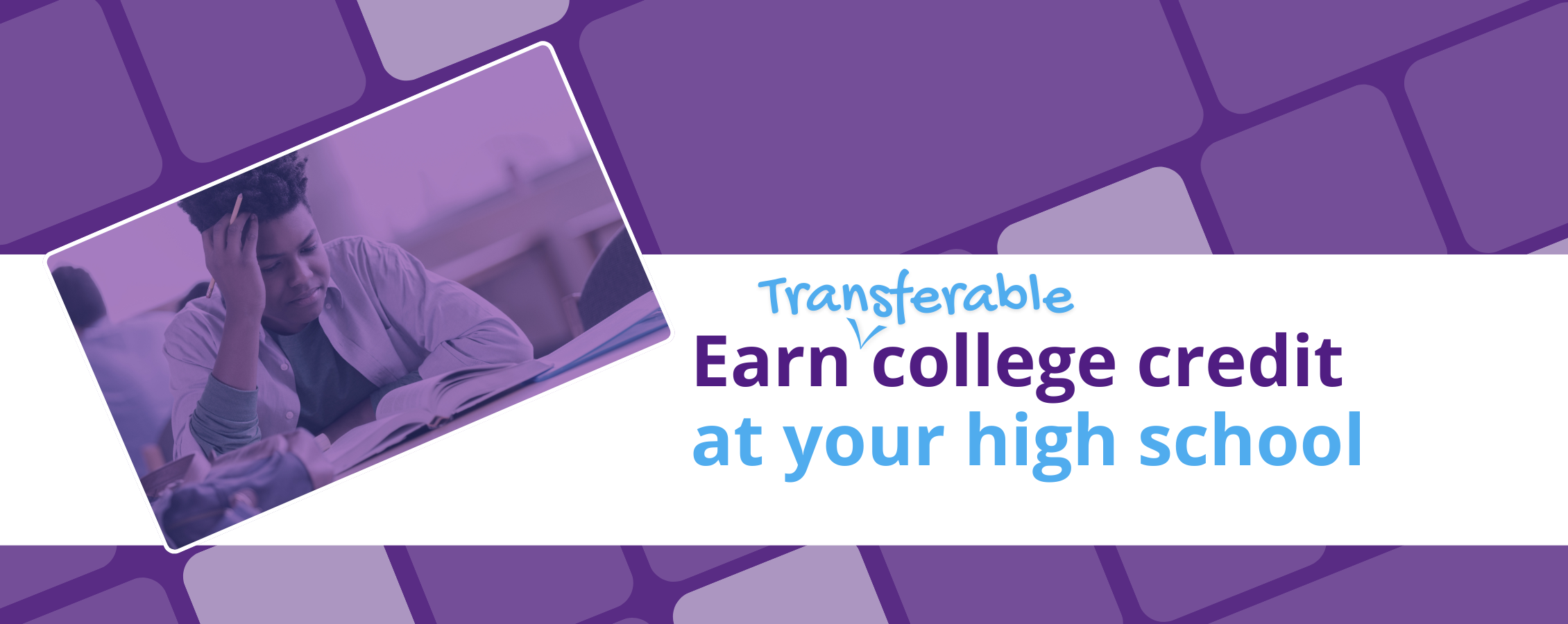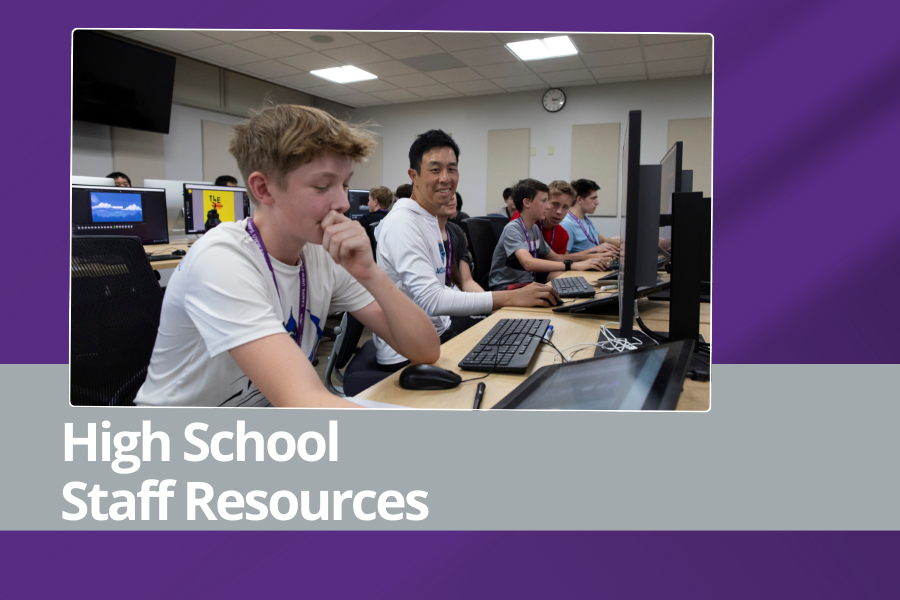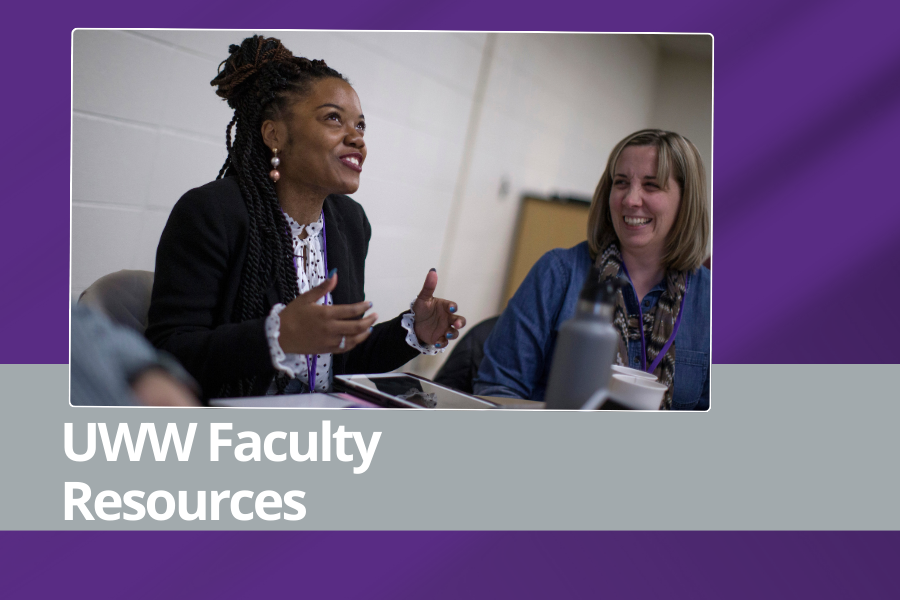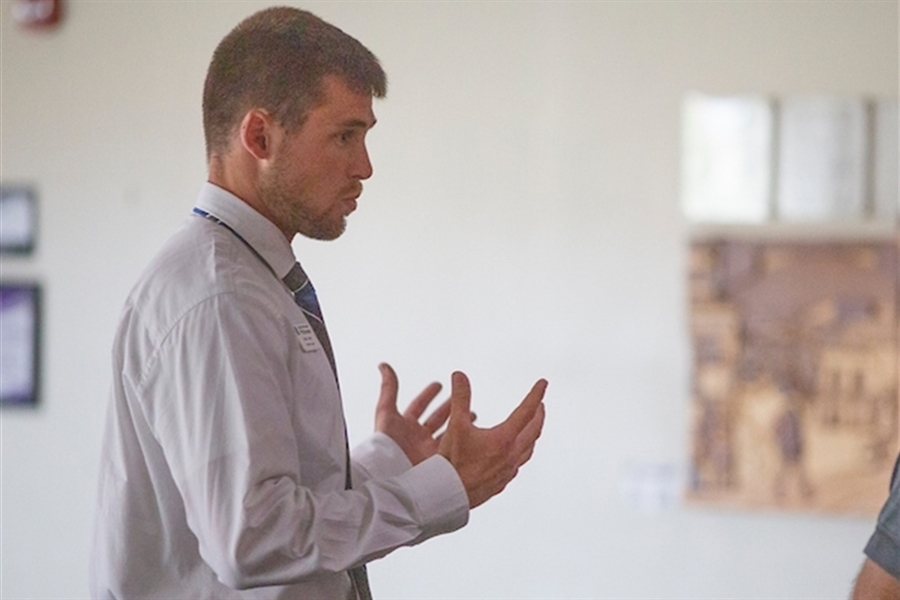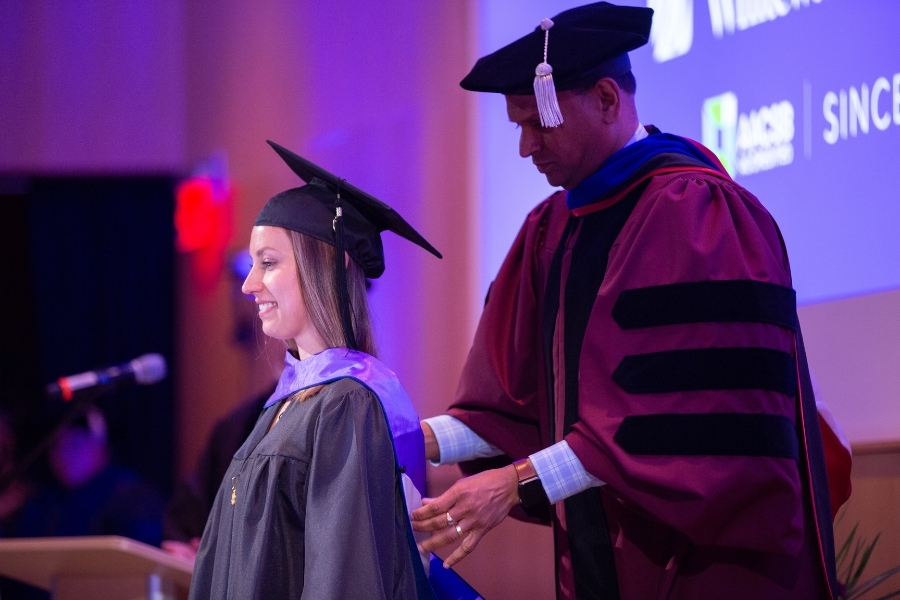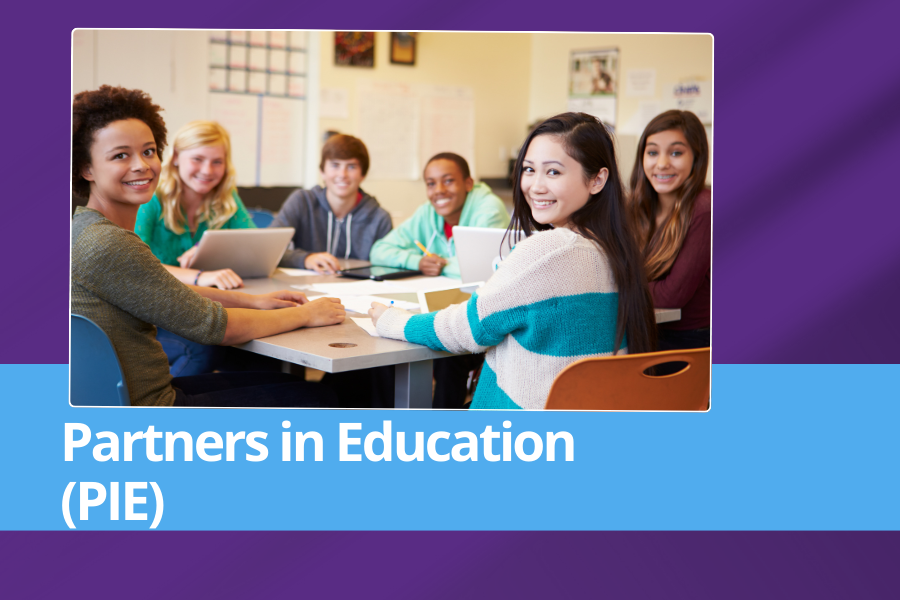UW-Whitewater Partners in Education (PIE)
The PIE program allows high school students to earn college credit while still in high school. Qualified high school teachers lead a course with an approved university syllabus allowing students to experience the pace, rigor, and expectations that they will find on a college campus. PIE course grades appear on a UW-Whitewater college transcript and are accepted as college credit on our campus or can be transferred to other accredited colleges or universities. Students should check with those institutions about their transfer policies.
Tuition for PIE courses is currently $110 per credit.
Contact Us
 |
| Jess Gardner Rodriguez, Education Outreach Coordinator 800 West Main Street, Roseman Building 2013, Whitewater WI 53190 (262) 472-6215 gardnerjr23@uww.edu or pie@uww.edu |


